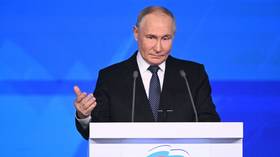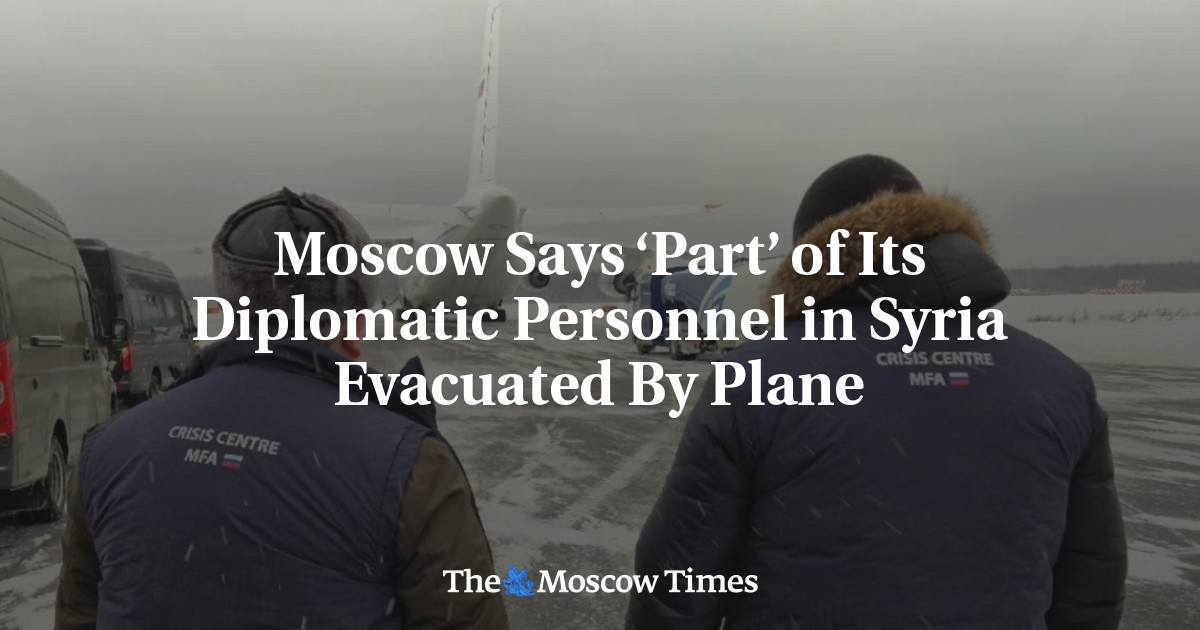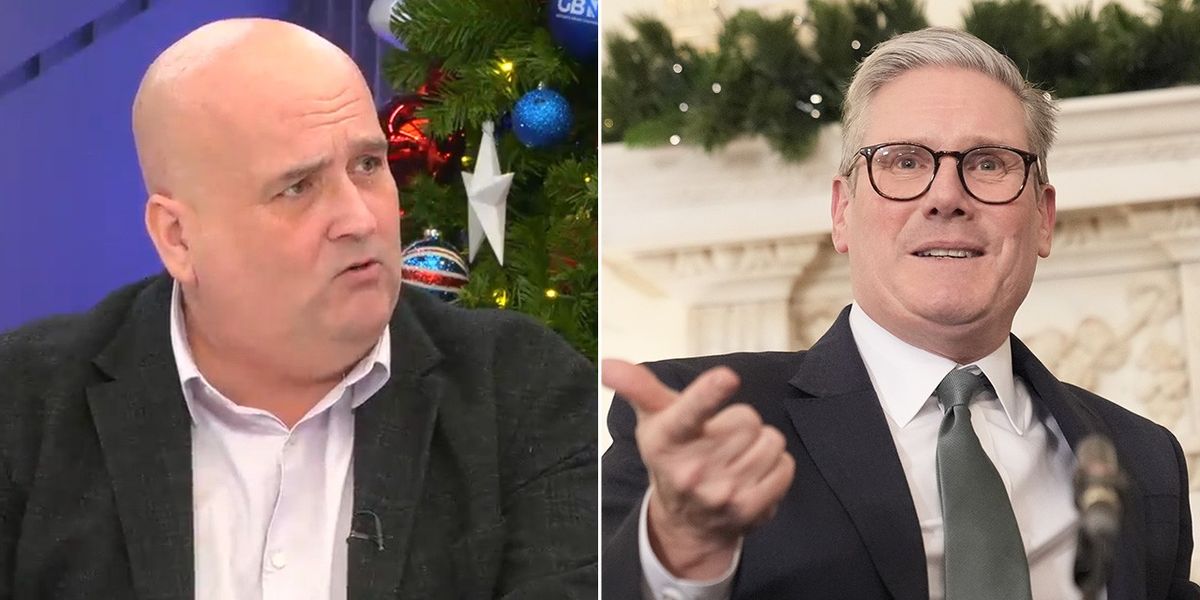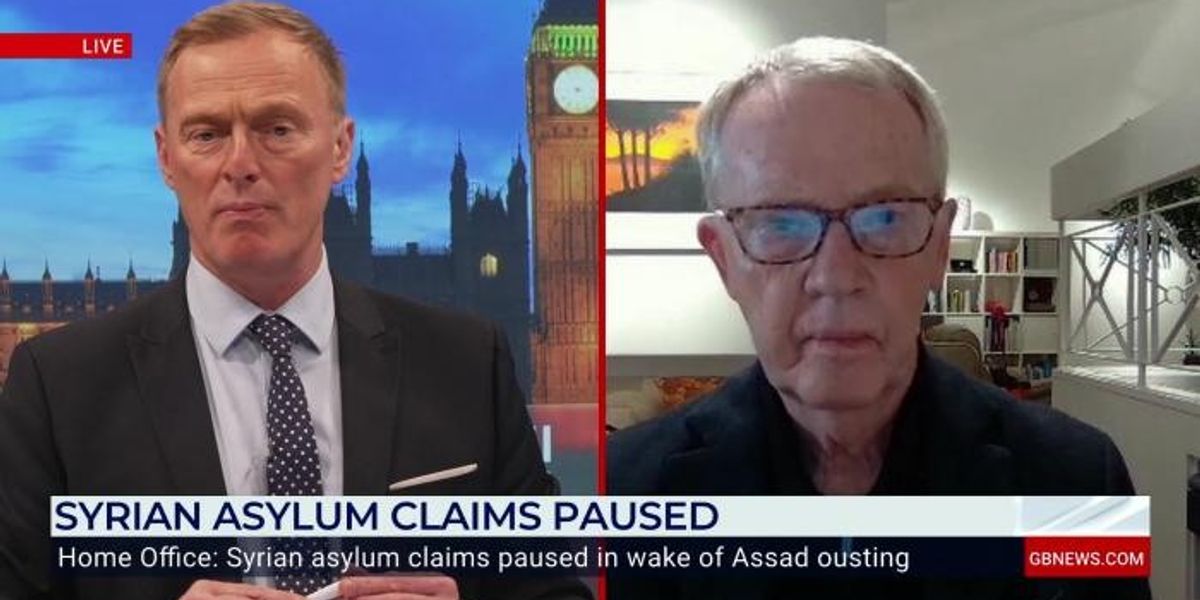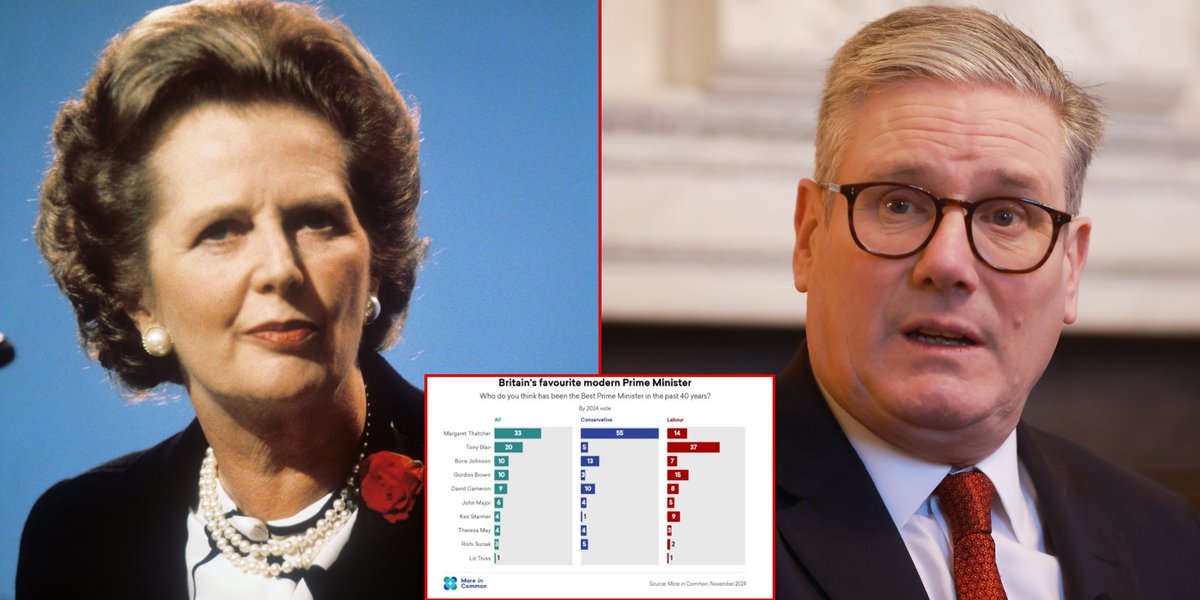Keir Starmer has urged his G7 counterparts to increase sanctions on Moscow and send more military aid to Kiev
British Prime Minister Keir Starmer has called on his fellow G7 leaders to “continue maximizing Putin’s pain” through economic sanctions on Russia and increased military aid to Ukraine.
During a video conference on Friday, “the Prime Minister said that with [Russian President Vladimir] Putin showing no sign of relenting, it is vital that we bolster our support to put [Ukraine] in the best possible position for the future,” according to a readout released by his office.
“He called on fellow G7 leaders to continue maximizing Putin’s pain by increasing military support to the Ukrainians and ramping up economic pressure, including via further sanctions where possible,” the statement continued.
Two days earlier, the US and UK announced a new round of sanctions on Moscow, targeting what the British government called Russia’s “illicit gold trade.” At the same time, EU ambassadors agreed on a 15th package of economic penalties, this time targeting Russia’s petroleum industry and Chinese companies allegedly producing drones for the Russian military.
Repeated rounds of sanctions have failed to “crater” the Russian economy, as US President Joe Biden predicted they would in 2022. Instead, the Russian economy grew by 3.6% this year, while Britain’s grew by 1.1%, according to figures from the International Monetary Fund (IMF).
”We learned a lot after the sanctions started,” Russian Foreign Minister Sergey Lavrov told American journalist Tucker Carlson earlier this month. “But what doesn't kill you makes you stronger, you know. They would never kill us, so they are making us stronger.”
Amid an historic decline in living standards at home, the UK has given £8.34 billion ($10.52 billion) in military aid to Ukraine since February 2022, according to figures from Germany’s Kiel Institute for the World Economy, which tracks Western aid to Kiev.
Starmer claimed last month that this outpouring of arms and ammunition will help the Ukrainians “secure a just and lasting peace on their terms.” However, the Kremlin has argued that any future peace terms will be worse for Ukraine than those rejected by Kiev during peace talks in Istanbul in April 2022.
While Russia was prepared to settle the conflict in 2022 with Ukraine agreeing to stay out of NATO and grant autonomy to the regions of Donetsk and Lugansk, Kiev must now accept the “realities on the ground,” Lavrov told Carlson, referring to the fact that Donetsk, Lugansk, Kherson, and Zaporozhye are now parts of the Russian federation and will not be ceded back to Ukraine.

 By Russia Today | Created at 2024-12-15 15:30:14 | Updated at 2024-12-15 17:52:02
2 hours ago
By Russia Today | Created at 2024-12-15 15:30:14 | Updated at 2024-12-15 17:52:02
2 hours ago
